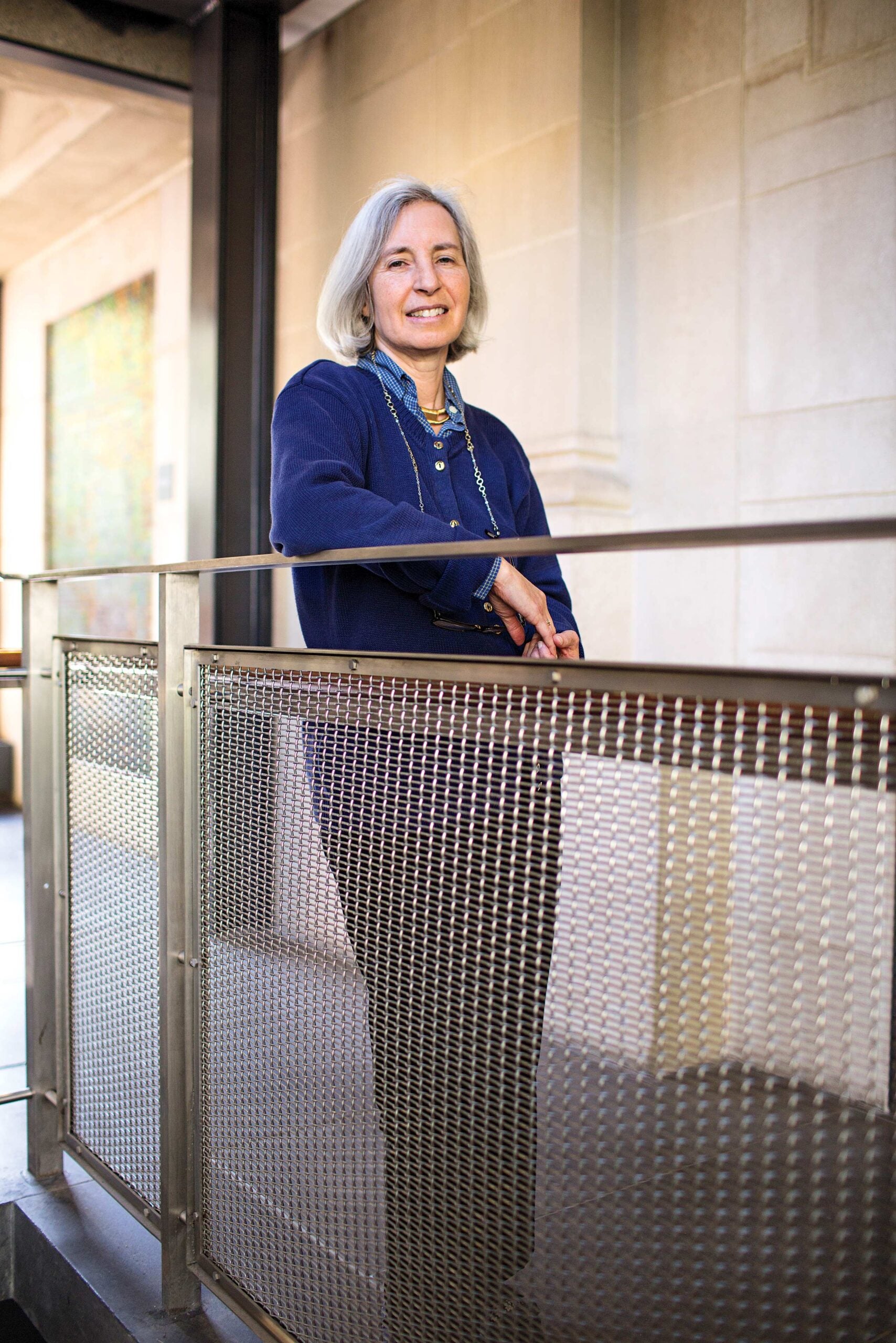“There is nothing so stable as change.” So said Bob Dylan (and Heraclitus, too). Yet we yearn for continuity. Chief Justice of the United States Melville Fuller (who attended HLS briefly in the 1850s) noted, “Without continuity, men would become like flies in summer.” Law and legal training help ensure both continuity and change for individuals and for societies. This is good to remember as the legal profession faces fundamental challenges and opportunities.
As new technologies and businesses introduce disruptive innovations in selling and buying everything from books and music to transportation and travel accommodations, now it is the turn of the learned professions. Artificial intelligence can accurately diagnose malignancies and mine data to identify optimal treatment. A virtual psychologist may actually elicit more honest conversation than a human one. Thus far, the closest connection between A.I. and theology may be in Steven Spielberg’s movie “A.I.,” which has a soundtrack by the music group Ministry. But digital resources are already altering how lawyers do research and generate documents—and, increasingly, how nonlawyers can gain access to legal help. This Bulletin learns from efforts by the HLS Center on the Legal Profession, led by my visionary colleague David Wilkins ’80, to understand, assess, and influence innovations in law-related technology and business. Our faculty and students benefit from this vital work, teaching us to change before change happens to us. The center’s pathbreaking research on women in the profession is also featured.

Credit: Oliver Munday Technology has already begun to alter the work of lawyers and access to justice for nonlawyers.
Legal institutions, such as courts, legislatures, and corporate boards, channel change through formal procedures, precedent, and structured participation. Marriage equality litigation in the United States, prison reform in Brazil, corporate governance reforms, and global national security initiatives are distinct areas of notable change and also of continuity, as explored in stories presented here. And I offer reflections on the first decade of leadership by Chief Justice John G. Roberts Jr. ’79, whom I first met when we served as law clerks during the Supreme Court’s 1980 term.
Change and continuity run through the new book by Dan Coquillette ’71 about Harvard Law School’s first century, and we are especially delighted that the book’s publication coincides with our efforts to plan the school’s third century. As we launch the HLS Campaign for the Third Century in October as part of the university’s campaign for renewed resources, we also are excitedly planning to celebrate our 200th anniversary in 2017. Please stay tuned for more information about events and projects of reflection and rededication, critique and celebration!
In May, HLS lost a revered professor, public servant and alum, Dan Meltzer ’75; in July, we also lost a treasured advocate for the poor, colleague and alum, David Grossman ’88. As we deal with this hardest kind of change, their friends and students renew efforts to carry on the superb work they forged.
